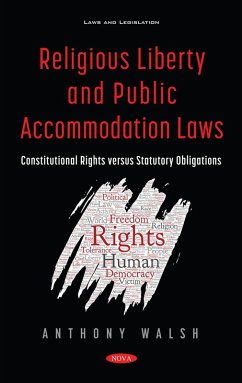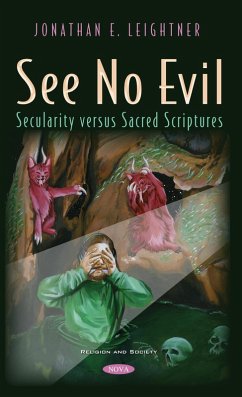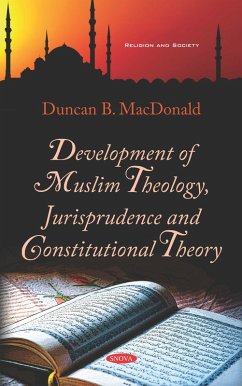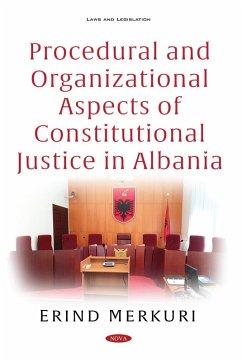The foundational principle of this book is the sacred rights enumerated in the United States Constitution, specifically, in the First and Thirteenth Amendments. With the politicization of the LGBTQ movement, concern for these rights have again come to the forefront of American jurisprudence. The rights enumerated in these amendments have frequently been violated by the various states when, in the name of public accommodation laws, they have attempted to force Christian business owners and religious entities to facilitate events, provide services, express opinions, change attitudes, or to enter into associations that violate their religious consciences. The book explores what it means to have free exercise of religion, free speech, and to be free of involuntary servitude in the context of the contending rights claimed by LGBTQ individuals. LGBTQ rights are neither denied nor disparaged, but the author argues that the constitutional rights of religious dissenters should not be denied or disparaged either. He also argues that when constitutional rights clash with statutory obligations, the former always triumphs. This has always been black letter law, and remains so in all cases except those in which LGBTQ rights clash with those of Christians. The book is not just a legal monograph. It engages political, philosophical, and sociological issues such as freedom v. equality, socialism v. republicanism, the liberal-progressive agenda in higher education, and the many benefits Christianity has bestowed on Western civilization. The underlying theme, however, remains, and that theme is that if we lose the freedom of religious conscience which the founding fathers made the "e;first freedom"e;, we will lose all freedom.
Dieser Download kann aus rechtlichen Gründen nur mit Rechnungsadresse in A, B, BG, CY, CZ, D, DK, EW, E, FIN, F, GR, HR, H, IRL, I, LT, L, LR, M, NL, PL, P, R, S, SLO, SK ausgeliefert werden.









